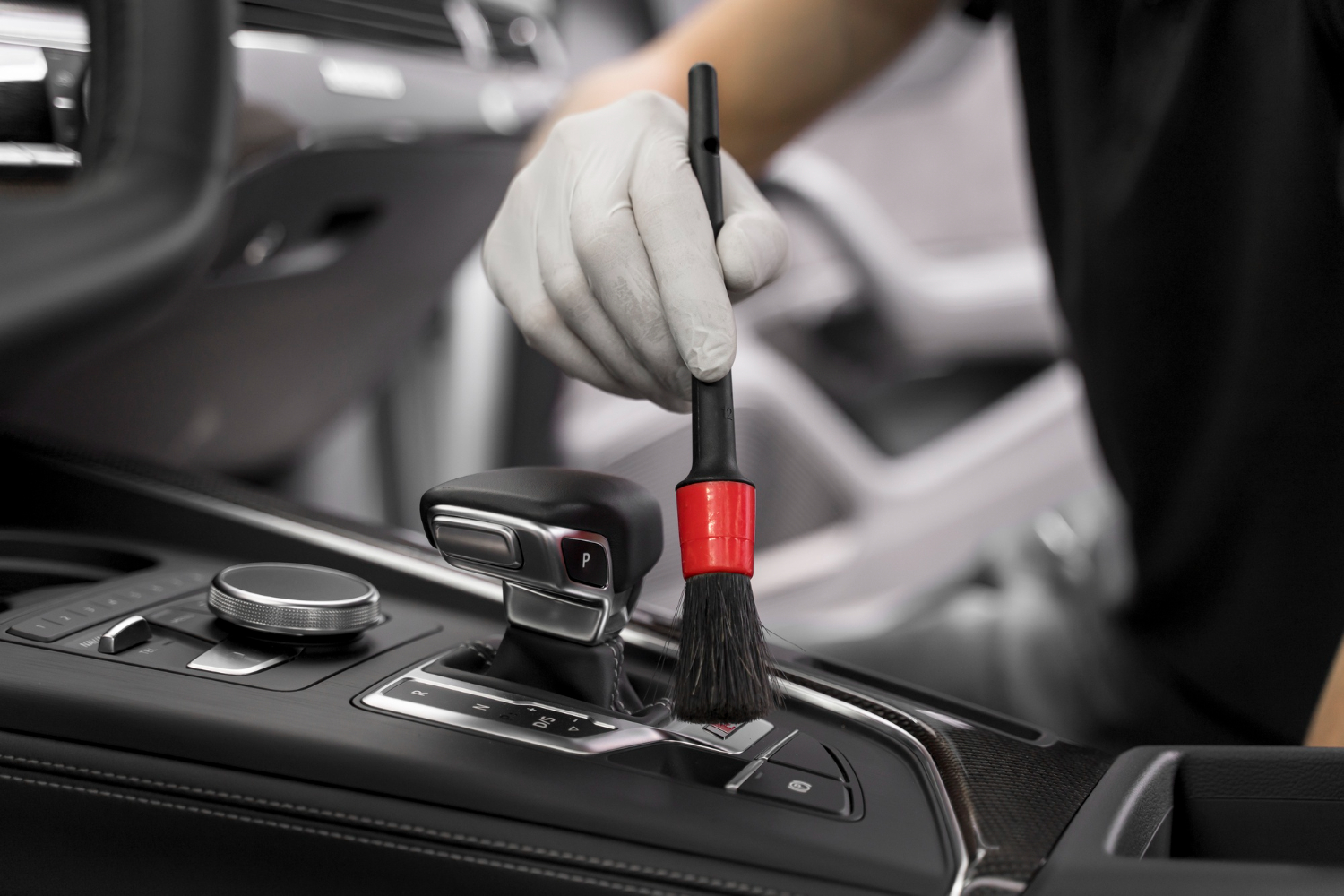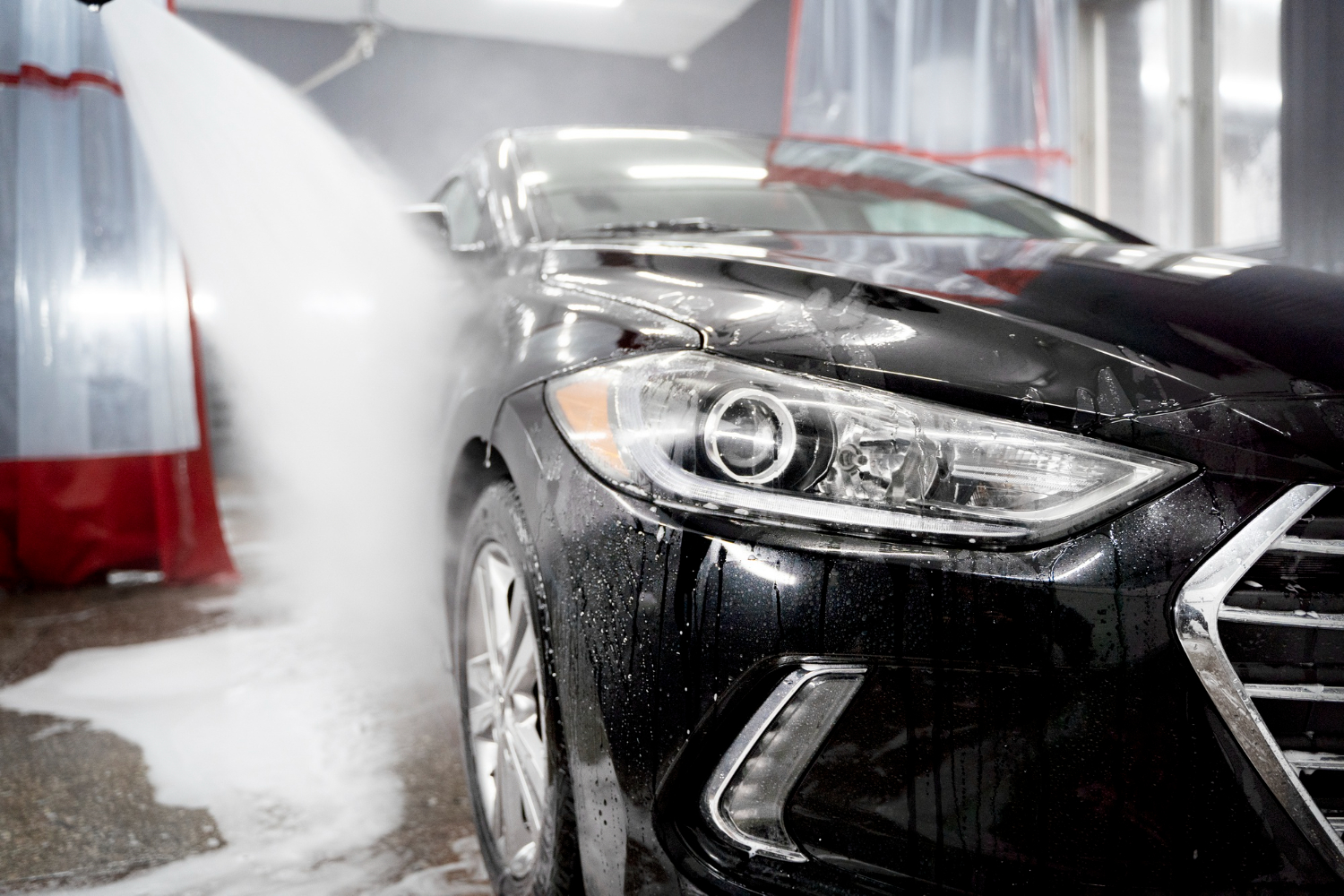How Long Should It Take to Detail a Car: Time Estimates Explained
The time required for car detailing depends on several key factors that influence the duration of the job. Understanding these factors helps you plan better and set realistic expectations. A mobile car detailer considers the vehicle's size, dirt level, and services needed when estimating the time required. This guide breaks down the various aspects that impact detailing time and provides you with practical estimates for different services. We'll also share tips to make the process faster and more efficient.
Factors Affecting Detailing Time
Several factors determine the time required for car detailing. Vehicle size is a major factor - larger cars and trucks need more time to clean properly than smaller cars. The amount of dirt and grime also makes a big difference. A car that hasn't been cleaned in months will take significantly longer to clean than one that's maintained regularly. The type of service you want also affects the time. Basic wash and wax is quick, but paint correction or ceramic coating requires significantly more time. The detailer's skill level and the tools they use also impact how fast the job gets done.
Exterior Detailing Time Estimates
Exterior detailing time changes based on your car's size and condition. A standard car in good shape typically needs 1.5 to 2.5 hours for a complete exterior wash and wax. If you require additional services, such as paint correction or ceramic coating, expect a duration of 4 to 6 hours or more. Weather conditions can also slow down the process. Hot sun can dry products too quickly, while cold weather can make some products more difficult to work with. The detailer's experience and the quality of tools also affect timing. Taking time to do the job right ensures your car looks great and the finish lasts longer.
Interior Detailing Time Estimates
Interior detailing time depends on your vehicle's size, current condition, and what treatments you want. Larger vehicles, such as SUVs and trucks, take more time to drive than compact cars. The interior's condition matters a great deal - cars with stains, pet hair, or strong odors require extra time and specialized treatments. Basic interior cleaning typically takes 1 to 2 hours, while deep cleaning, which includes stain removal, leather care, and odor treatment, can take 3 to 4 hours. The number of seats, carpet area, and interior materials all affect timing. Taking care of these details properly ensures your interior looks and smells fresh.
Full Car Detailing Time Guidelines
Complete car detailing combines exterior and interior work for a thorough cleaning. Small cars typically require 2 to 3 hours for a full detailing, while larger vehicles typically need 4 to 6 hours. The car's condition plays a big role - clean, well-maintained cars are faster to detail than neglected ones. Special services, such as paint correction, engine cleaning, or headlight restoration, add extra time. Most professional detailers can provide a good estimate after inspecting your car. Planning for the right amount of time ensures the job gets done properly without rushing.
Tips to Speed Up the Detailing Process
You can make car detailing faster by organizing your work and using the right approach. Here are proven ways to speed up the process:
- Prioritize High-Impact Areas: Start with the dirtiest or most visible parts to make an immediate difference.
- Utilize Time-Saving Tools: Invest in high-quality tools, such as power buffers or steam cleaners, to reduce manual labor time.
- Implement an Assembly Line Approach: Work systematically from top to bottom, focusing on one task at a time for consistency.
- Prep Work in Advance: Gather all necessary supplies and equipment before starting to avoid interruptions and delays
Related Topics:
.png)



